|
Researchers
|
Sl. NO. |
Picture |
Bio Note |
|
|
1. |
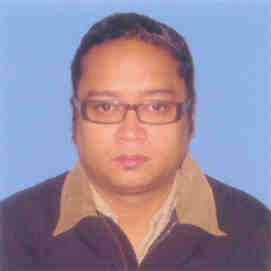 |
Atig Ghosh
is a Memeber , Calcutta Research Group, and Assistant
Professor, Department of History, Visva-Bharati University.
His recent research focuses on migration, statelessness,
border towns and development under neoliberalism.
|
Abstract |
|
Draft Paper |
|
2.
|
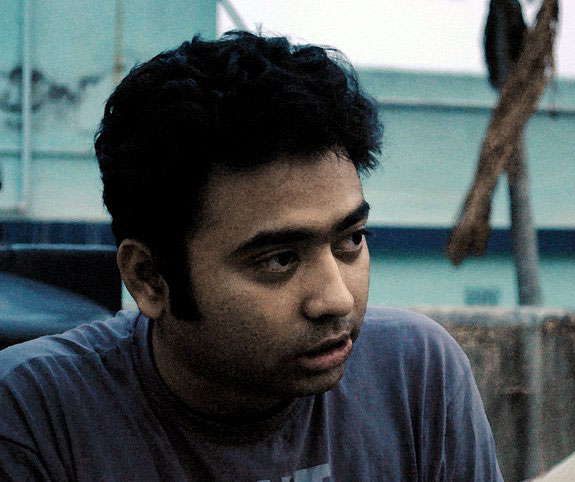 |
Iman Mitra
is presently a Research and Programme Associate at
Mahanirban Calcutta Research Group. He has registered with
Jadavpur University as an ICSSR Doctoral Fellow for his PhD
in 2009 and submitted his thesis for examination in 2013.
His PhD dissertation explores the history of dissemination
of economic knowledge in colonial Bengal through various
pedagogical and institutional networks. His research
interests include modes of popularization of the discipline
of economics in colonial and post-colonial India and the
appropriation of and negotiations with disciplinary
knowledge at the level of practical application. At MCRG, He
is involved in a project on the interconnectedness between
rural to urban migration, urbanization,and social justice in
post-liberalization India. He has also contributed in many
Bengali and English dailies on issues of political and
social import. |
Abstract |
|
Draft Paper |
|
3. |
 |
Kaustubh Mani Sengupta studied history at Presidency
College, Kolkata and at the Centre for Historical Studies,
Jawaharlal Nehru University, New Delhi. His PhD, titled
“Planned Spaces, Intimate Places: Ordering a City and
Creating a Neighbourhood in Colonial Calcutta” studied the
process of urbanization of Calcutta from the middle of the
eighteenth century up to the initial decades of the
twentieth, looking at various spaces of colonial Calcutta
and trying to map the ways in which the city was imagined,
perceived and shaped. He is currently engaged in a research
project studying the role of education and vocational
training in shaping the lives of the inmates of the refugee
settlements in post-colonial India. His main fields of
interests are colonial history with a focus on South Asia,
the history of modern Bengal, spatial approaches in history
(particularly focusing on urban history), partition and
decolonization. |
Abstract |
|
Draft Paper |
|
4. |
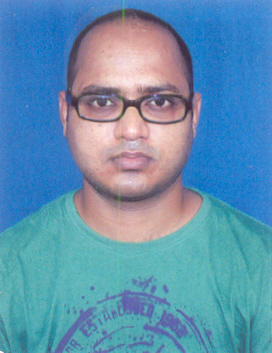 |
Mithilesh Kumar is
a PhD Candidate at Western Sydney University, Australia. His
dissertation tries to understand the evolution of new forms
of governance, sovereignty and labour processes and politics
in the context of infrastructure. He studied Delhi airport
for his thesis. He has earlier worked on logistics of
migration, disaster management and governance in Bihar. His
interest is in the issues of logistics, migration and labour
and politics. He is now currently working on the dialogic
relationship between the nature, evolution and innovation of
the Indian state with social and political movements in
India. He is the author
of "Governing
Flood, Migration and Conflict in North Bihar." Government
of Peace Social Governance, Security and the Problematic of
Peace. Ed. Ranabir Samaddar. London: Ashgate, 2015 and
“Statistics , Public-Private Partnership and the Emergence
of a New Subject.” Accumulation in Postcolonial Capitalism,
Ed. Ranabir Samaddar, Samita Sen, and Iman Kumar Mitra,
Singapore: Springer, Forthcoming. |
Abstract |
|
Draft Paper |
|
5. |
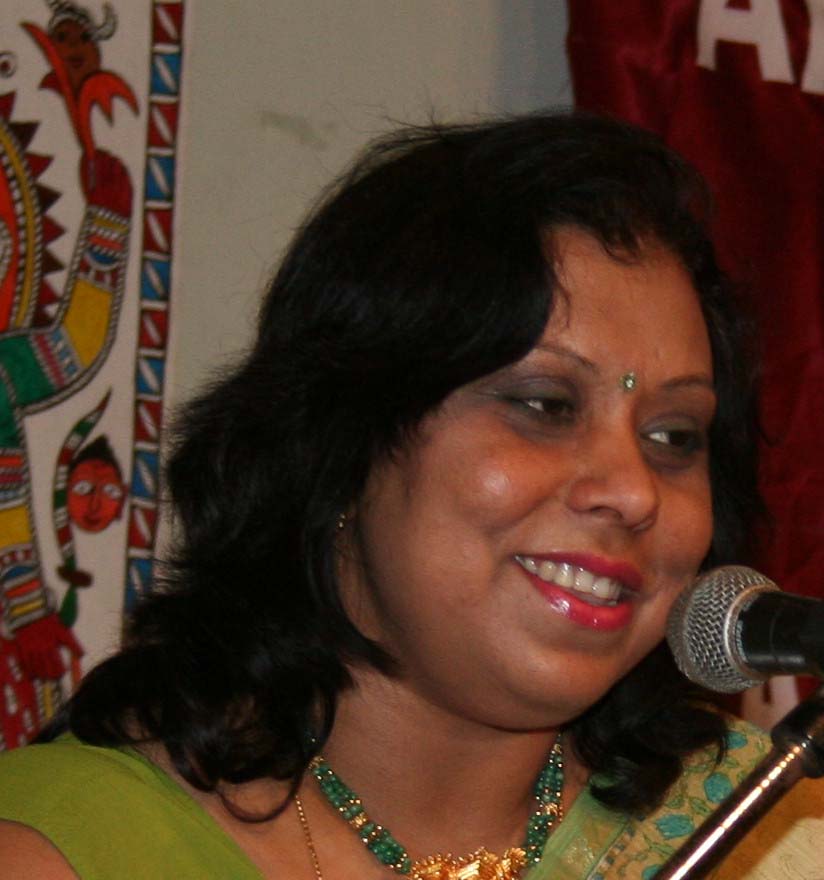 |
Paula
Banerjee, the Honorary
Director of
CRG, is
an expert on Indo-American relations and studied in
Cincinnati, Ohio. As part of her current work on borders and
women, she has authored numerous papers on women in conflict
situations in northeast India. She is a full time faculty
member in the Department of South and South East Asian
Studies, University of Calcutta. She has authored a book on
Indo-US relations, titled When
Ambitions Clash (2003),
and has co-authored a book, Women
in Society and Politics in France. Dr. Banerjee is the
recipient of a number of international fellowships including
the Advanced Taft Fellowship (1991-1993) and has been the
recipient of the WISCOMP Fellow Of Peace Award (2001).
Currently she is working on women in peace movements in
South Asia and on borders and boundaries in the region. She
is now the editorial board member of the Refugee
Watch. |
Abstract |
|
Draft Paper |
|
6. |
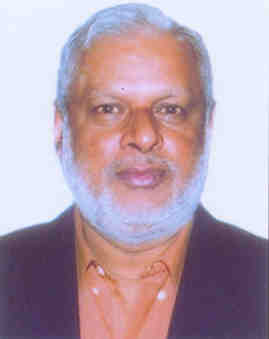 |
Ranabir Samaddar is
the
Distinguished Chair in Migration and Forced Migration
Studies
of the Calcutta Research Group, and belongs to the school of
critical thinking. He has pioneered along with others peace
studies programmes in South Asia. He has worked extensively
on issues of justice and rights in the context of conflicts
in South Asia. The much-acclaimed The Politics of Dialogue (Ashgate,
2004) was the culmination of his work on justice, rights,
and peace. His particular researches have been on migration
and refugee studies, the theory and practices of dialogue,
nationalism and post-colonial statehood in South Asia, and
new regimes of technological restructuring and labour
control. He authored a three-volume study of Indian
nationalism, (Whose Asia Is It Anyway – nation and The
Region in South Asia, 1996, The Marginal Nation –
Transborder Migration from Bangladesh to West Bengal, 1999,
and A Biography of the Indian Nation, 1947-1997, 2001). His
recent political writings published in the form of a 2
volume account, The Materiality of Politics (Anthem Press,
2007), and the just published The Emergence of the Political
Subject (Sage, 2009) have challenged some of the prevailing
accounts of the birth of nationalism and the nation state,
and have signalled a new turn in critical post-colonial
thinking. |
Abstract |
|
Draft Paper |
|
7. |
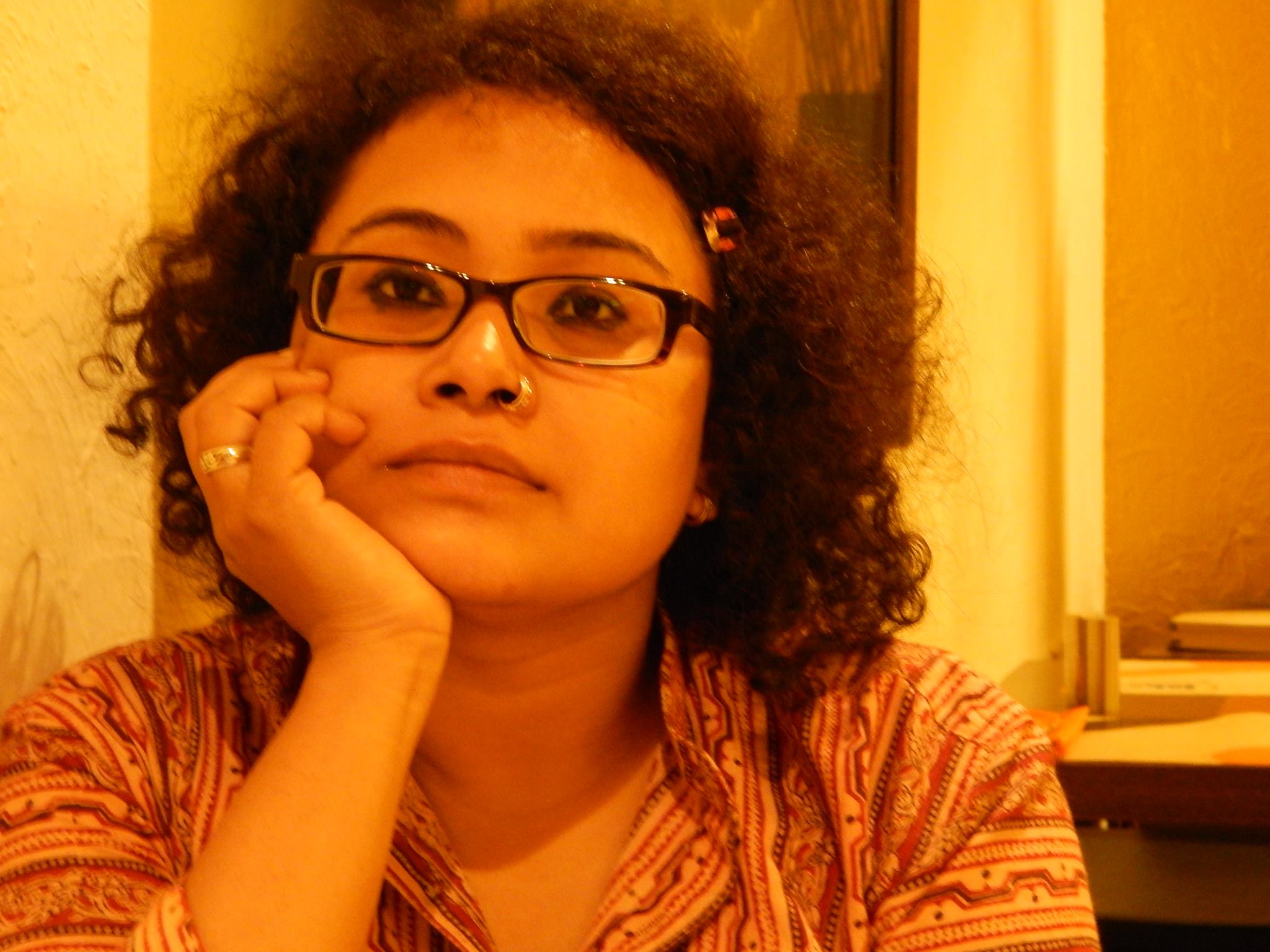 |
Samata Biswas
teaches English at Haldia Govt. College. She has recently
completed her Ph D from the Dept. of Cultural Studies,
English and Foreign Languages University, Hyderabad on body
cultures in contemporary India. Her areas of interest
include gender, visual culture and the body. As part of the
ongoing project she is enquiring into the making of Haldia
as a logistical space, dependent on, yet not overdetermined
by the port. |
Abstract |
|
Draft Paper |
|
8. |
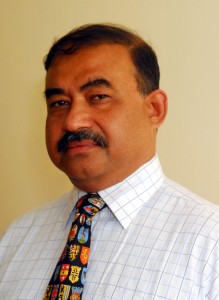 |
Subir Bhaumik, former BBC's
bureau chief (East-Northeast India) , is now senior editor
with Dhaka-based
bdnews24.com
and consultant editor with Myanmar’s Mizzima News. He has
worked for Reuters and Time magazine, Press Trust of India
and Ananda Bazar group. He has been a Queen Elizabeth House
fellow at Oxford University(1989-90) , a fellow at East-West
Center , Washington ( 2004) and Eurasian-Nets fellow at
Frankfurt University (2009). He is the author of
Insurgent Crossfire: Northeast India and Troubled
Periphery: Crisis of India’s Northeast and has edited
Living on the Edge and Counter-Gaze: Media,Migrants,
Minorities. He writes regular columns on regional
issues and defence and security for leading Indian dailies
like Telegraph, Times of India, the Hindu and Economic Times
and does special features for BBC and Al Jazeera Online. He
is closely associated with the Track 2 Kolkata-Kunming
(K2K) process involving Indian and Chinese border states
and is a member of the Calcutta Research Group. |
Abstract |
|
Draft Paper |
|








